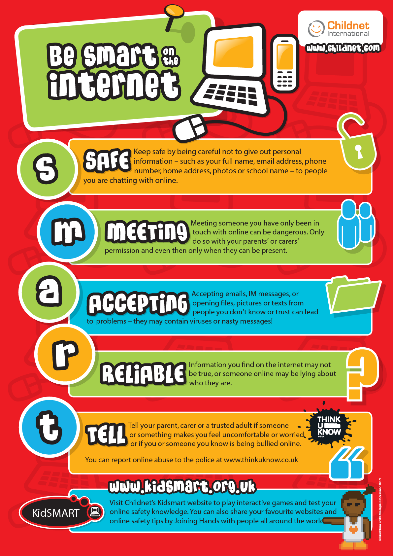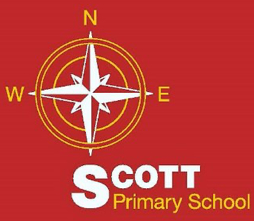ICT
Intent
At Scott Primary School we intend that children should master Computing to such an extent that they can go on to have careers within Computing and make use of Computing effectively in their everyday lives, without being completely reliant on technology.
When teaching computing, we equip the children with the skills required to use computers effectively to
enable them to maximise their potential. To do so, we deploy teaching strategies that promote resilience,
independence, critical thinking, communication skills and problem solving. We ensure that our pupils
become confident users of IT and responsible digital citizens with a secure understanding of E-Safety, who are ready to meet the challenges of their digital future.
At Scott Primary, children will be taught to use technology responsibly and carefully, being mindful of how their behaviour, words and actions can affect others. Our children will be taught Computing in a way that ensures progression of skills, and follows a sequence to build on previous learning. They will gain experience and skills of a wide range of technology in a way that will enhance their learning opportunities, enabling them to use technology across a range of subjects to be creative and solve problems, ensuring they make progress.
To enable our pupils to achieve this, they will be given the following opportunities:
- To develop a set of coherent ICT skills so that they will be able to use ICT effectively, creatively and autonomously across the whole range of the curriculum and in their future lives.
- To be able to take advantage of ICT opportunities to promote learning outside the classroom.
- Encourage the flexibility needed for children to adjust to and take advantage of future developments in ICT
- To develop an awareness of their personal responsibilities when using ICT to access wider resources and when communicating with others.
To understand safety issues when using ICT in school and at home.
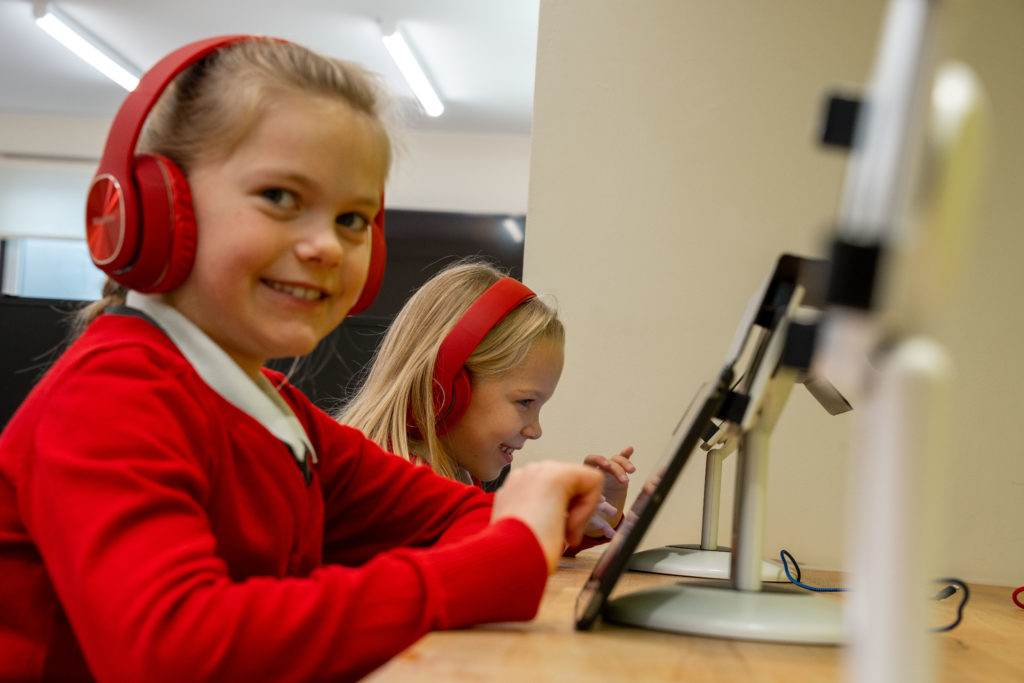
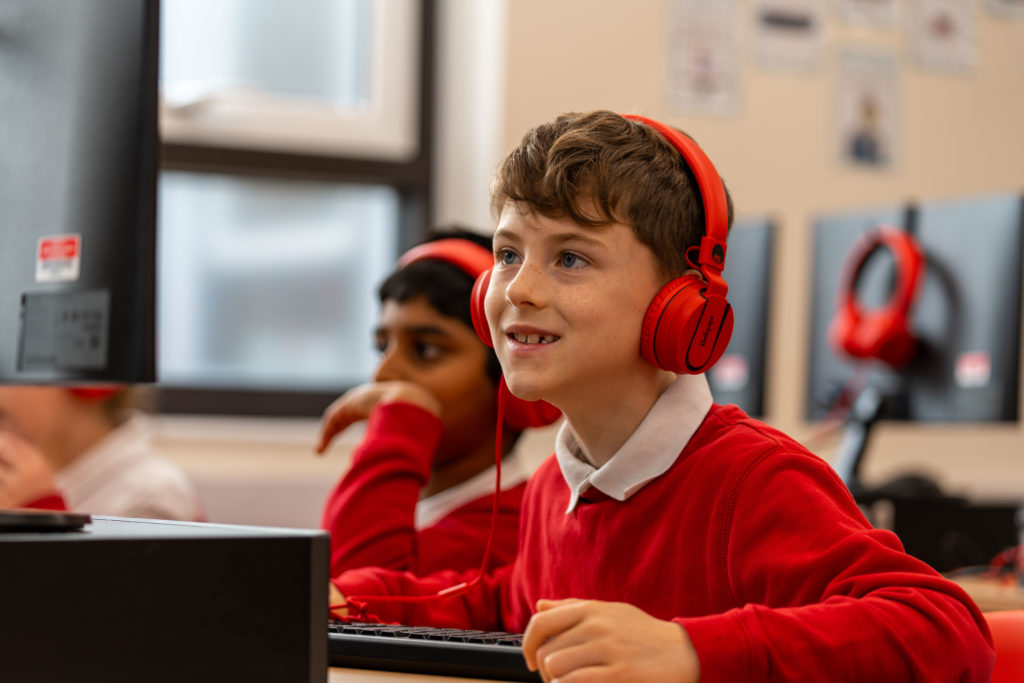
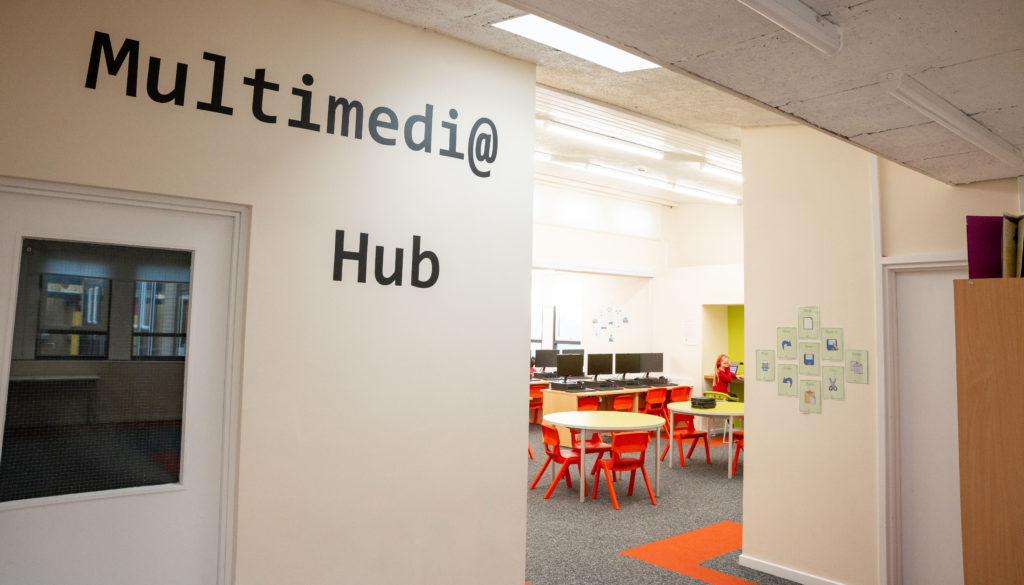
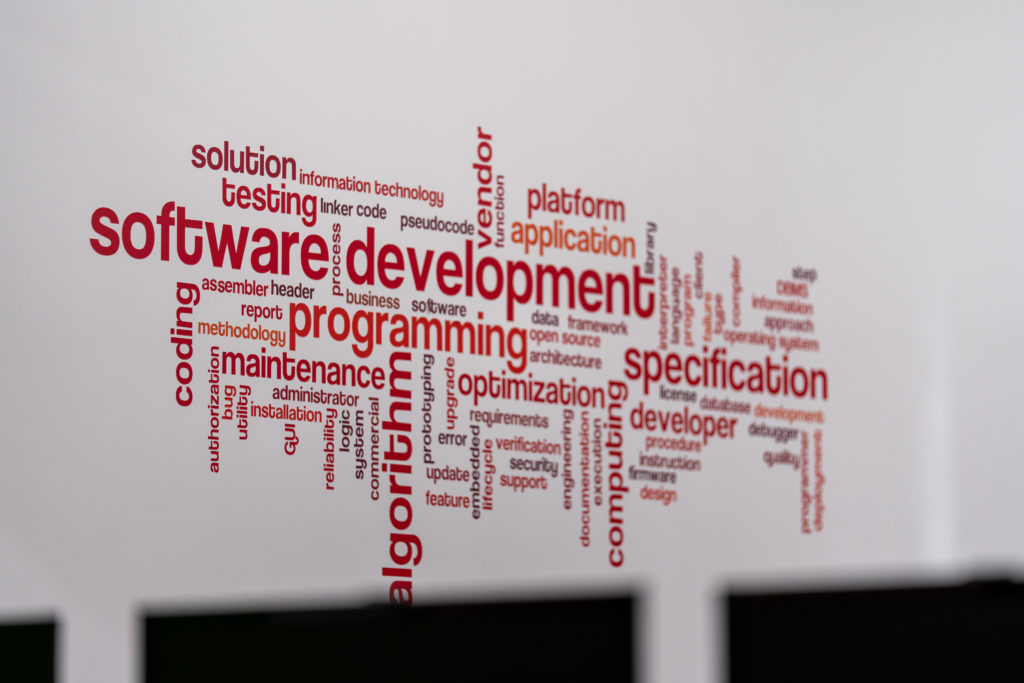
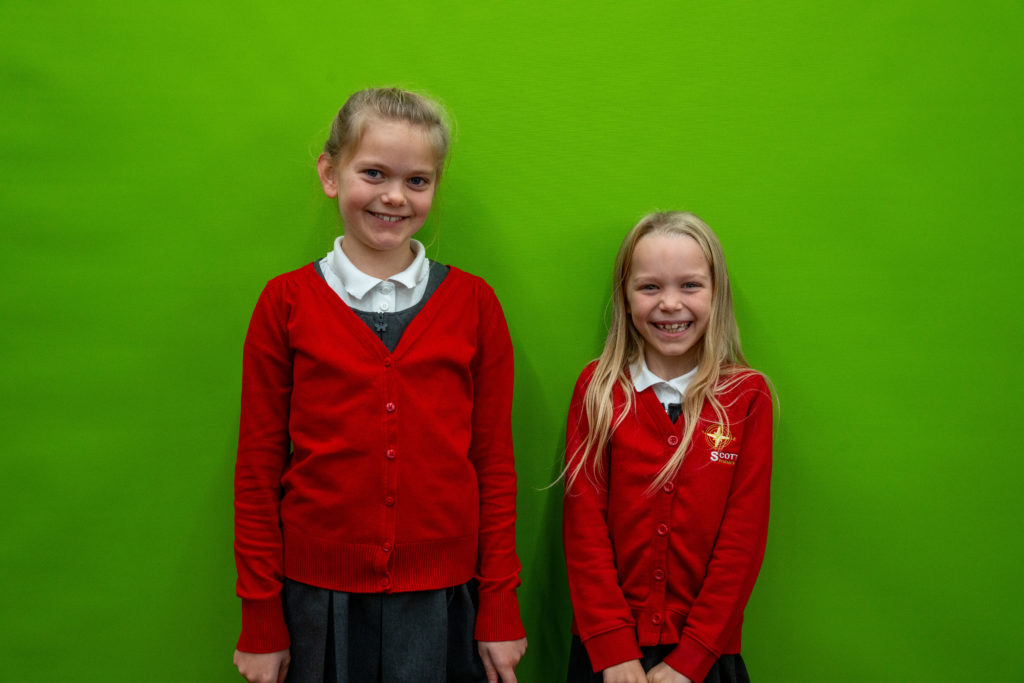
Long Term Plan
Digital Leaders
What are Digital Leaders?
The Digital Leader role has been introduced into school primarily to help raise awareness of the ICT curriculum. The children that have been chosen to become ambassadors have been chosen in class by their peers for their knowledge and skills that they have shown in ICT.
What are the Digital Leaders going to do?
These children are pivotal in the delivery and success of the ICT curriculum throughout school. The children will have meetings with the Computing Lead where they will discuss the barriers that they believe exist in making ICT engaging, fun and safe to all children throughout the school and feedback about the curriculum. During these sessions the children will also have training and development to help them further enhance their skills in class so that they can help staff and their friends. They will also monitor apps on the ipads and hold assemblies to raise awareness of E-Safety across the school, particularly in KS2.
Roles and Responsibilities:
- Conduct a cyber-bullying assembly during Anti-Bullying week.
- To organise a special assembly and activities for each year group on Safer Internet Day (SID) in February.
- Monitor the online safety displays in the classroom and ICT suite i.e. ensure that the SMART rules are on display.
- Once a term, they need to consult the views of all children and see if there are any concerns or issues they need to be aware of.
- Help the online safety coordinator identify any areas of concern on social media.
- Meet with the online safety governor, to update him/her with information regarding online safety in the school.
Meet our Digital Leaders!
These children hold each class’ responsibility for looking after the equipment we have in school. They will also show children how the equipment is to be looked after and will do regular checks on the equipment to ensure that it is not broken. They will be pivotal in the delivery and success of the ICT curriculum throughout the school. Well done!
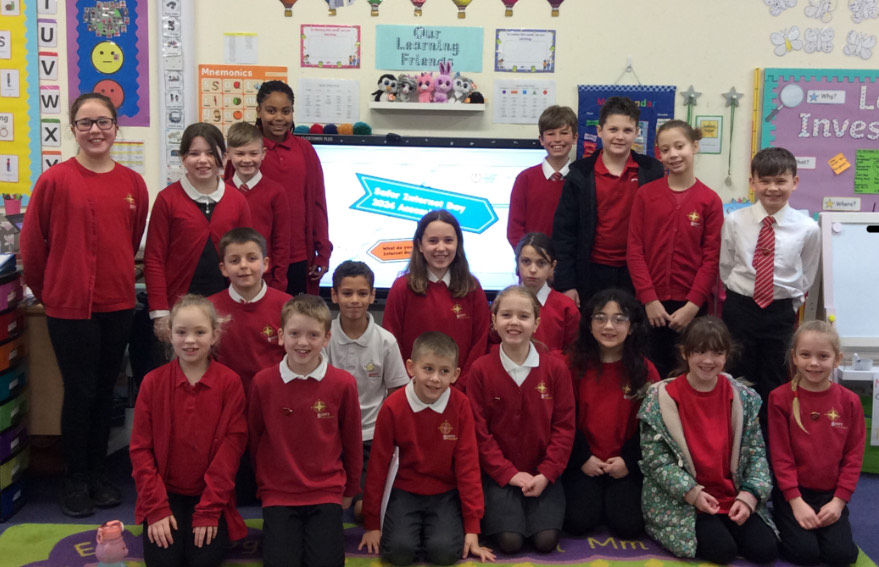
Digital Leader Update – November 2023
Over the past four weeks, the Digital Leaders have been working with the children in Reception to help to teach them how to use programmable beebots!
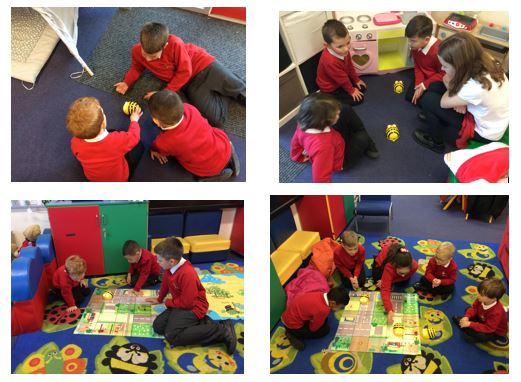
The digital leaders first spent time making sure they were able to give clear and age-appropriate instructions to our younger children. They then came over during their lunchtimes and spent some time with the children in Reception, making the sessions interesting and fun for them but also teaching them the key skills of basic programming!
All of the children involved enjoyed the sessions and the Digital Leaders are very keen to carry on with these sessions at different times throughout the year! The Reception children have also enjoyed spending time learning a new skill and ‘playing’ with the big children!
Well done everyone!
Mrs Green and Mr Thomas.
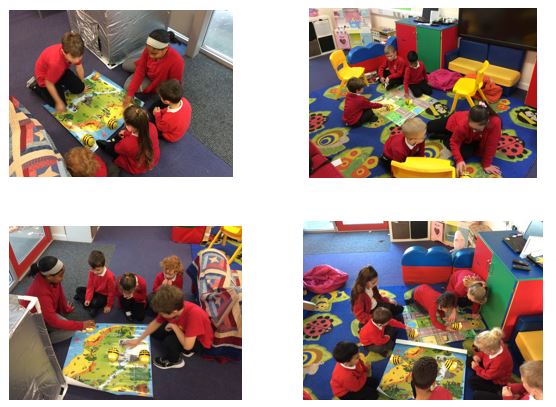
E-Safety
At Scott Primary School, we take E-safety very seriously.
Being online is an integral part of children and young people’s lives. Social media, online games, websites and apps can be accessed through mobile phones, computers, laptops and tablets – all of which form a part of children and young people’s online world.
The internet and online technology provides new opportunities for children’s learning and growth, but it can also expose them to new types of risks.
We empower our children with the knowledge of how to keep safe when using technology by ensuring that each half term every child is part of an E-safety lesson. Ensuring that E-safety is a thread running through our computing curriculum.
